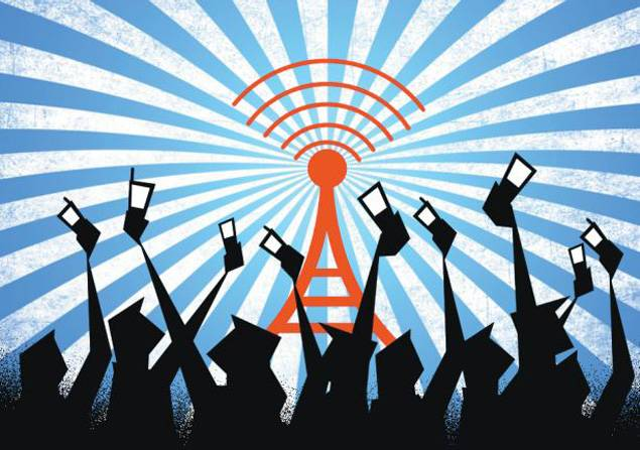
How does internet access improve lives in developing countries?
Internet access can help to improve access to information, opportunities, and services, and can contribute to the overall well-being and development of communities in developing countries. Five examples include:
- Education: Internet access can provide people in developing countries with access to a wealth of educational resources, including online courses, educational videos, and other materials. This can help to improve the quality of education and expand opportunities for learning, especially for people in remote or underserved areas.
- Employment: Internet access can help people in developing countries to find and apply for jobs, as well as connect with potential employers and clients. It can also enable people to start and run their own businesses, providing a source of income and economic opportunities.
- Healthcare: Internet access can provide access to health information and resources, including telemedicine services, which can improve access to healthcare and lead to better health outcomes.
- Communication: Internet access can help people to stay connected with friends and family, and to access news and information from around the world. It can also facilitate the exchange of ideas and facilitate collaboration with others.
- Political participation: Internet access can provide a platform for people to engage in political discourse and participate in the democratic process, helping to promote transparency and accountability in governance.
4 Questions for Internet.org as Internet for the Poor
Approximately 80% of the world’s population lives in areas already covered by 2G or 3G networks. The coverage is mostly urban, with the basic infrastructure already...
What is the Future of ICT4D in Cuba?
The US Government has a mixed record in using technology to help the Cuban people improve their lives. Most of its attempts ended in failure, some painful for everyone...
Partnership Expands ICT Support for Ebola Fight in West Africa
DAVOS, Switzerland, Jan. 21, 2015 /PRNewswire/ — NetHope, a consortium of 42 leading international humanitarian organizations, announced today a partnership...
Aren’t Medicine and Water More Important Than Telecommunications?
ICT4D is a small, but growing community working on the massive challenge of bringing Internet connectivity to the world. As such, effectively conveying the meaning...
4 Challenges to Reaching 3.8 Billion Mobile Internet Users by 2020
According to new data released by GSMA Intelligence, 3.8 billion people or half of the world’s population will be using mobile devices to access the Internet...
Lessons Learned From Working Firsthand in Malawi’s ICT Sector
My name is Herman Fung and I’m a former VSO volunteer in Malawi. In March 2014, I completed an 18-month voluntary placement where I worked with the Ministry...
How Tech Can Turn a Community Into a Global Village
Folks, I received a really good letter from the Organic Health Response‘s IT Coordinator, Brian Mattah. He wrote about his experience with technology on...
Wow! Viber Beats Facebook in Myanmar
Often, we have the perception that a developing country’s use of technology is limited to voice and SMS text messages on basic or feature phones. When you...
Is Facebook Zero the Future of Public Internet Access?
Access to information is both empowerment and development. When two thirds of the world’s poor still lack access to the Internet, but three fourths have a mobile...
RSVP Now: What is the Future of Technology and Democracy in 2025?
It’s only 2014, but the future is here. Last December, Thai journalists used drones to record protests, giving a birds-eye view of crowd sizes and police conduct....











